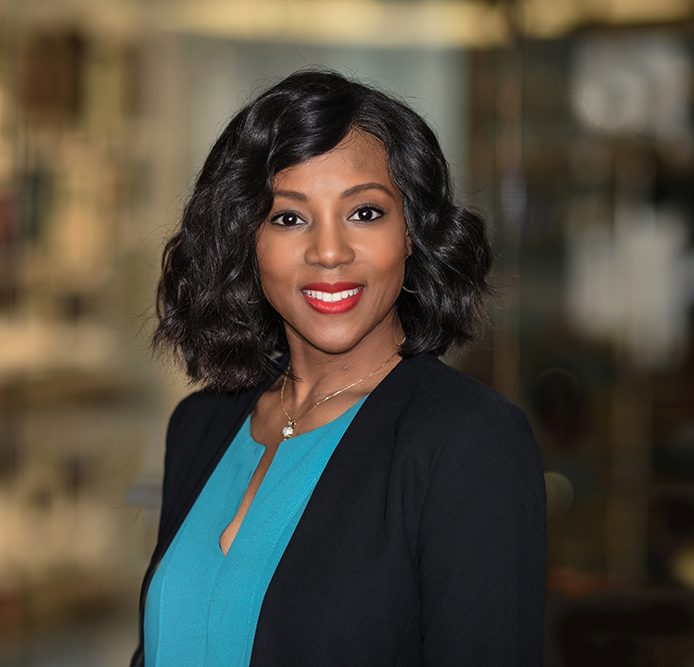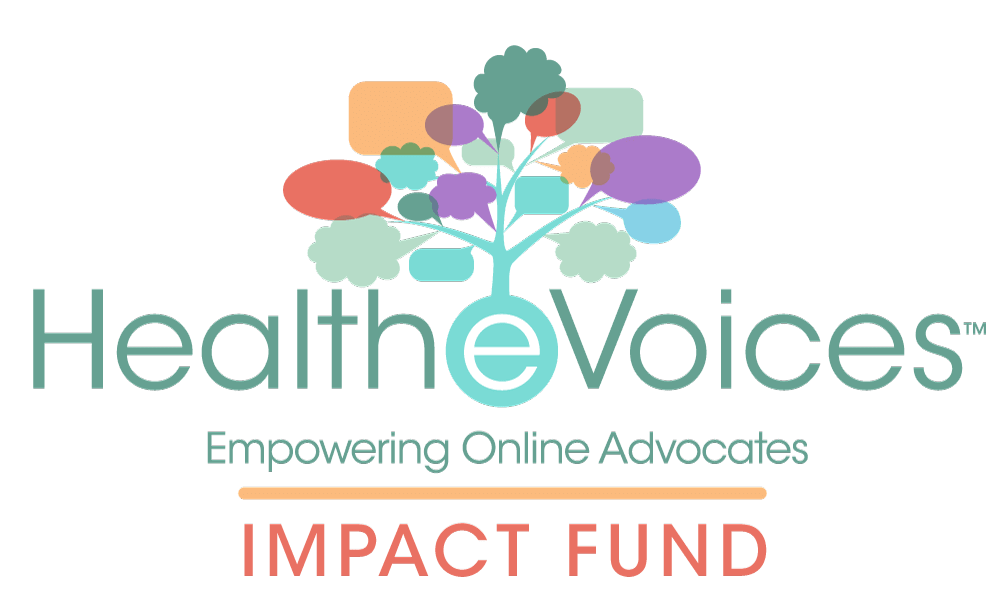 For OAC Member Shenese Colwell of Houston, TX, patient advocacy is a big part of her life. Shenese is a post-bariatric surgery patient, a lifestyle coach, and a Barre instructor — and her personal experiences with obesity have helped her recognize the value of support in an individual’s health journey and having a community that empowers you.
For OAC Member Shenese Colwell of Houston, TX, patient advocacy is a big part of her life. Shenese is a post-bariatric surgery patient, a lifestyle coach, and a Barre instructor — and her personal experiences with obesity have helped her recognize the value of support in an individual’s health journey and having a community that empowers you.
Shenese was recently awarded a grant from the HealtheVoices Impact Fund, a grant program that supports innovative efforts by health advocates to serve and assist patient communities. The grant will enable her to carry out a project she has been working on called “Turn Abouts: A Practice of Making Better Decisions.” Turn Abouts is a digital card game or video series that will allow patients to see potential outcomes of decisions unique to the bariatric community.
Winning a grant to build this project is a big “win” for Shenese and a show of creativity that blends both patient advocacy and innovation. So, we reached out to learn more about Shenese’s project and her vision for seeing it come to life.
Q&A with Shenese Colwell
 Q1: You were recently awarded a grant for a project you are working on to help patients who have had bariatric surgery. Can you tell us more about that project and your vision for it?
Q1: You were recently awarded a grant for a project you are working on to help patients who have had bariatric surgery. Can you tell us more about that project and your vision for it?
I am so excited and honored to be awarded the grant! I am working on a mental game/exercise that will help cultivate better decision-making. I’m calling it “Turn Abouts: A Practice of Making Better Decisions.”
The definition of turnabout is a sudden and complete change or reversal of policy, opinion, or a situation. I thought this was the perfect analogy for the work and practice of making lasting decisions. With bariatric surgery, you immediately (suddenly) have to shift your mindset and work on new ways to eat, think, and live – a complete change.
I am still working through the delivery method, but it will be comprised of general and common scenarios that bariatric patients deal with. At the end of each one, there will be a series of decisions they can choose from based on their normal behavior patterns.
Based on their decision, there will be discussions to help them dig deeper into the consequences of that decision (for them personally) and how, if applicable, they can work through making a different or better decision going forward. The goal is to foster a deeper thought process in how we think and how we match our actions to our intended goals. I want it to be fun and impactful. To bring someone out of their normal ingrained behaviors. Out of their comfort zones.
Q2: Where did the idea for this project come from? What “first steps” did you take to get the ball rolling and put your idea into action?
I’m a Bariatric Lifestyle Coach and I also lead support groups. One thing that is consistent with people in general – not just bariatric patients – is the struggle of dealing with mindset changes and making decisions consistently that help facilitate the necessary shifts to long-term success. We are creatures of habit and for many of us, those habits are deeply rooted. It can be a struggle to do things differently.
I actually thought of this idea in 2019 and planned to do something with it. I jotted down a few notes and they’ve been tucked away in a notebook for well over a year. I saw the deadline for the grant approaching and thought about applying for it. I procrastinated and it popped up on my timeline that the deadline was extended. I literally submitted it at the last moment and thought nothing of it!
Q3: How does your personal journey with obesity inform and inspire your work on this project?
I never want to come across as perfect and having it all together. I’m 8 years out from bariatric surgery and I have maintained my weight quite successfully. However, it is NOT easy and I definitely struggle every single day. Life changes – we have stress, age issues, and so many things that affect how we act and react in day-to-day life.
Again, habits that are ingrained in us from our pre-surgery life might lay dormant. They don’t go away. They pop up regularly. The goal is to get strong enough to override them because they no longer align with our long-term goals. The mind is a muscle. We have to exercise it consistently by making better decisions and implementing changes. I’m hoping this game encourages that.
Q4: What are some of the biggest needs and challenges you have noticed in the patient community, specifically as it relates to obesity? How do you think they can be addressed?
I believe the bariatric community has no shortage of available resources. So many bariatric patients tap into the feeling of freedom and truly loving themselves after surgery. Many of them channel that into wanting to help others. So, the need is actually twofold – equipping patients who want to help with the right information, education, community, and resources to support others with credible and sustainable knowledge and tools. Equipping them to be successful advocates and to make sure that others have easy access to the excellent organizations that provide those valuable resources. The OAC is what I believe is the epitome of that kind of resource. The challenge is making sure people know how to easily get them. Advocates can certainly be a channel for that.
Q5: What inspired you to start serving and taking action for others who are affected by obesity, and how would you describe your journey as an advocate?
I was inspired by my desire to maximize this life after my decision to have bariatric surgery. I didn’t want to fail at it. I wanted to be sure I did MY part after the surgery. It was a wake-up call for me to hear the sad and frustrated stories of patients who were dealing with regain, or just hearing the lack of information and uncertainty in their expectations post-surgery. There were people who went into it without, in my opinion, sufficient knowledge, education, and preparation. It was disheartening.
I started my journey wanting to make sure I wasn’t one of those people and soon found myself wanting to make sure I helped as many as I could to also be successful. Not for just a couple of years after surgery, but for a lifetime. My journey and efforts led me to a few different blogs, forums, and websites, and then eventually to the Obesity Action Coalition. I wondered why I hadn’t known about all these spaces and now I strive to make sure as many people as possible know that there is help and an entire community to help them, guide them, and connect with them. An entire village of support. Who knew?! I feel it’s my duty to pay it forward and it’s certainly a passion that I plan to pursue for as long as I can.
Take Action, Too!
Are you interested in “paying it forward” like Shenese by sharing education or supporting others? Visit the OAC Action Center for a toolbox of Anytime Actions to help you get started.
